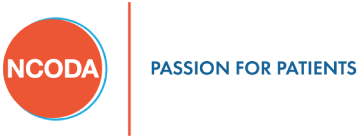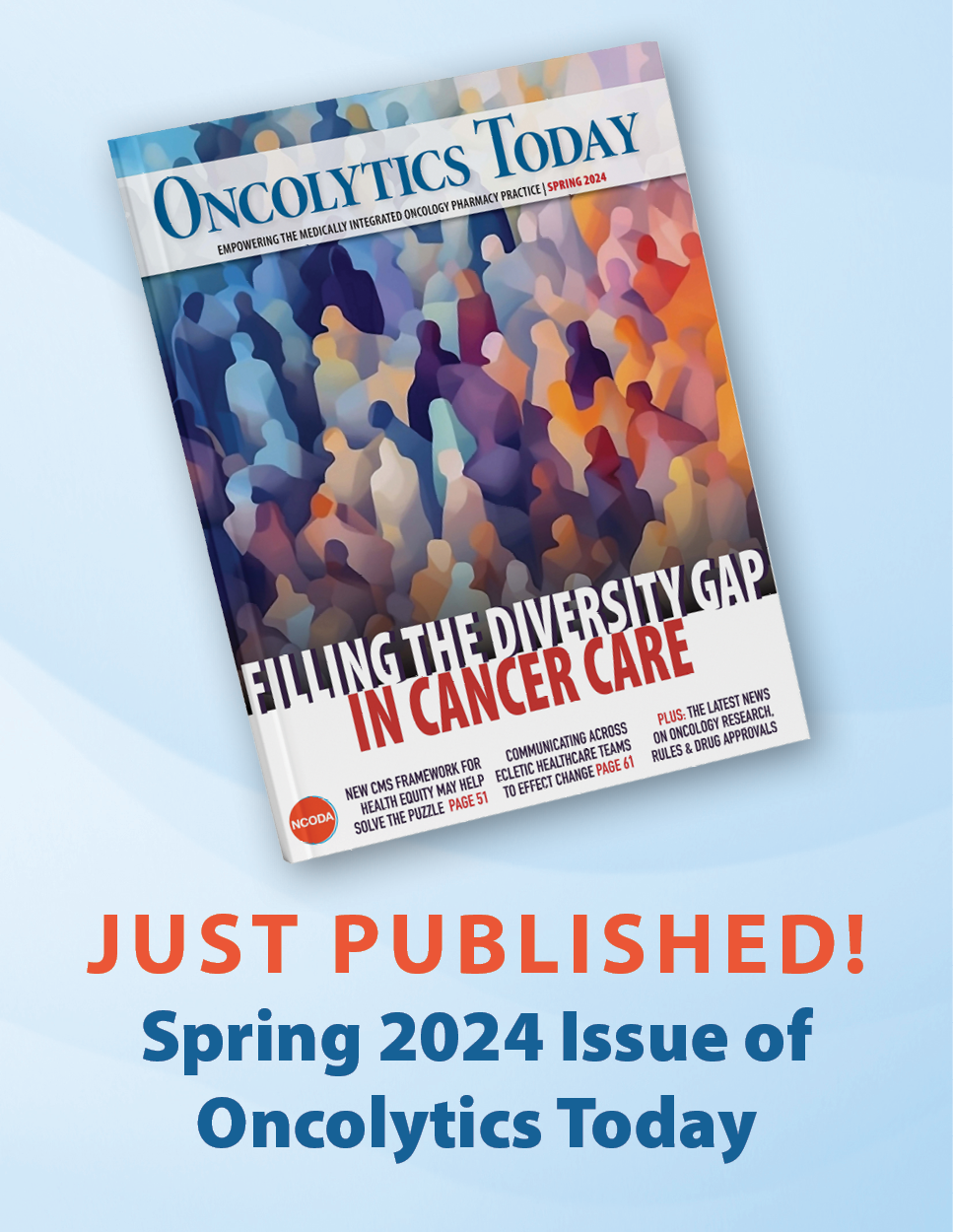Mission Statement:
Our Family. Caring for Yours. We’ll be there every step of the way. Our physicians and staff are committed to providing friendly, professional, patient-centered care with dignity and respect for all.
Missouri Cancer Associates is a full service medical and radiation oncology and hematology practice made up of 14 physicians in Columbia and Kirksville. Through state of the art medical technology, highly experienced physicians and quality patient care, Missouri Cancer Associates has become the premier cancer treatment center in mid-Missouri.
Urology Associates of Central Missouri is the most comprehensive private urology practice in central Missouri. Our goal is to provide the highest level of care, utilizing the latest, clinically-proven techniques to diagnosis and treat a wide variety of urological disorders in men and women. We offer a wide range of urological treatment options, from established standards of care, to new minimally-invasive procedures with quicker recovery times. Our urologists perform laparoscopic, microscopic, and robotic surgery.
Locations:
Main sites: Columbia, Mo & Kirksville, MO
Satellites: Moberly, Macon, Mexico, Sedalia, Hannibal, Marshall, Jefferson City and Lake of the Ozarks
Practice Details:
Missouri Cancer Associates, LLC consists of:
- Missouri Cancer Associates in Columbia, Mo à Has 14 providers and approximately 120 employees.
- Missouri Cancer Care Pharmacy à Full retail pharmacy and chemo admix. The pharmacy is owned and operated within MCA’s main hallway (2 pharmacists and 4 technicians).
- George Rae Cancer Center at Kirksville, Mo à Approximately 90 miles north of Columbia. This facility contains a chemo admix technician, approximately 10 employees. Providers travel from Columbia to Kirksville.
- Urology Associates of Central Missouri at Columbia, Mo à6 providers and approximately 30 employees.
Qualifications/Credentials
Radiation Oncology Practice Accreditation (ROPA)
Pharmacy Services Staff
Pharmacists:
Gwyn Dudley, PharmD à University of MO at Kansas City, School of Pharmacy. Pharmacy Manager. Started with the MCA as an intern. Initially hired as a PT pharmacist and moved into FT role 3 years later. Previous manager left to pursue career in Research, and so Gwyn took on manager role in 2014.
Beth DeVries, RPh à Saint Louis College of Pharmacy. Prosperous Career in many venues: hospital, retail, medical clinic before joining MCA in 2014.
Pharmacy Technicians:
Tami Hendrix, CPhT, and Lynn Long are our two main chemotherapy admixture technicians whom each have 30+ years’ experience in admixture. Both joined MCA in 2014.
Patty Rehagen, CPhT, and Meghan Bryant are our two main retail technicians. Patty has 25+ years’ experience in retail pharmacy. Meghan has been a technician for a few years. Both Patty and Meghan joined MCA in 2017.
Elpiniki Labaris joined the pharmacy technician profession and George Rae Cancer Center family in 2017.
Dispensing Type
Missouri Cancer Care Pharmacy is a full, retail pharmacy (essentially a closed-door pharmacy). We dispense oral oncolytics and support medications to all of our patients.
Services Provided
- Hematology and oncology
- Medical clinic
- Chemotherapy infusion
- Radiation treatments and diagnostics
- Retail and pharmaceutical services
- Drug information
- Lab services
- Patient support services
- Urology medical clinic
Why did you join NCODA?
I was out on leave when an NCODA representative came to present their organization to our physician group. Our team was so excited after the presentation that our Executive Director signed our practice up immediately. When I returned, my team challenged me to get involved. With the changing pharmaceutical environment, specialty mail order pharmacies convincing plans they can take better care of our patients (therefore, getting them to mandate use of the specialty pharmacy for oral oncolytics), and the decrease in reimbursements, our physicians were contemplating if having an in-office pharmacy was really beneficial. After the initial NCODA presentation, our physicians became hopeful. Treating patients the right way was the right thing to do and NCODA shares that belief. By utilizing the tools, support and resources provided by NCODA, we’re hopeful we can achieve enough profit to keep the doors open. That’s how and why I and my practice joined.
What has kept us engaged with NCODA? The people, leadership, resources, and networking, all provided with the utmost professionalism, energy and passion.
How did you become a member?
I utilized the website with the assistance of Mike Reff, NCODA Founder and Executive Director. He called on me several times, walked me through the process, and got me signed up for the Fall Forum. The rest is history!
How did you hear about us?
From my physician group. After hearing a presentation, they wanted us (the practice) to get involved. By speaking with Mike Reff, I realized the benefit of an individual membership.
How can NCODA help you?
NCODA can help me by continuing to host the Spring Forum and Fall Summit. These national events are full of relevant information, both from the business side as well as the pharmaceutical side. NCODA can also help by lobbying for the rights of the in-office pharmacies and pointing out the conflict of interest of the PBM’s demanding the use of their own specialty pharmacies. I hope NCODA continues sending the FDA alert emails which highlight new drugs or indications. Finally, NCODA can help me by continuing to share best practice standards and positive quality interventions (PQIs).
How would you like to be more involved with NCODA?
I’d love for my technicians to be more involved with the new Pharmacy Technician Committee. Their goals and outlook will only strengthen our practice. I would like to attend all the monthly WebEx meetings. I have gained valuable knowledge with each one. Hopefully, I can reciprocate by sharing in the future. I would also like to become involved with one of the many committees.
What are some challenges you face now or will face in the future?
Some challenges that we face are low reimbursement, re-credentialing and audits from PBMs, and scripts being taken away by specialty pharmacies.





